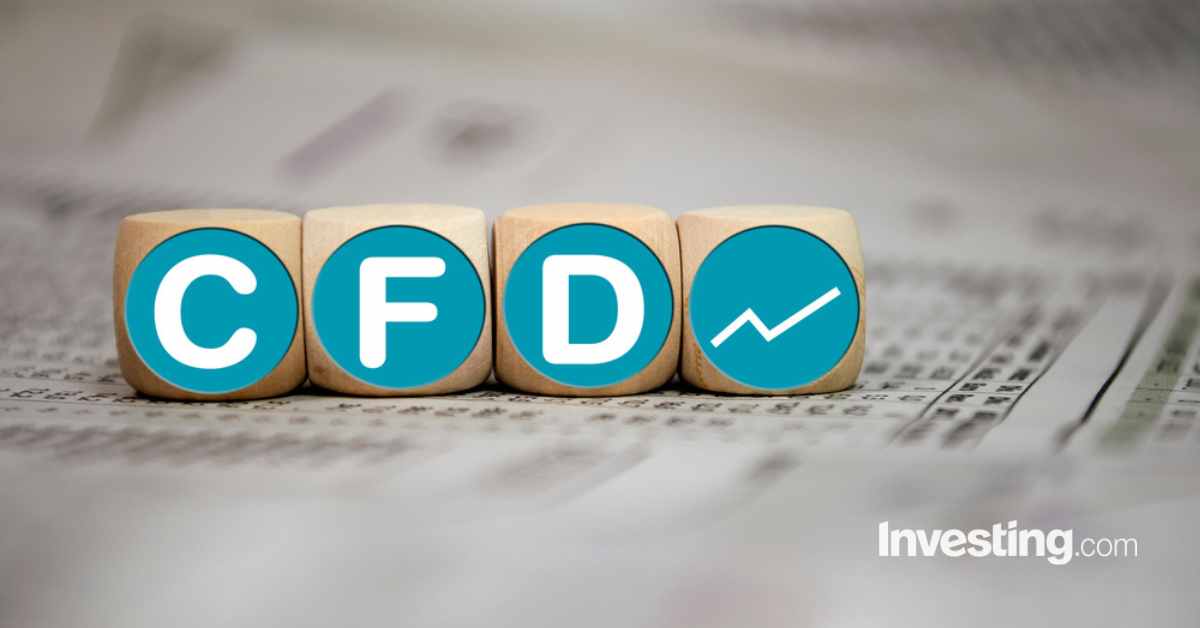
The Importance of Best CFD Trading Regulations
Trading Contracts for Difference (CFDs) has gained immense popularity among investors due to their high leverage and the ability to trade a variety of assets. However, this type of trading comes with significant risks, which is why understanding the best cfd trading regulations bestbrokercfd.com is crucial for every trader looking to safeguard their investments and operate within legal parameters. Proper regulations not only protect the investors but also promote fairness in the financial markets.
What Are CFDs?
CFDs are financial derivatives that allow traders to speculate on the price movements of underlying assets without actually owning them. They can be traded on various instruments, including stocks, commodities, indices, and currencies. When trading CFDs, you enter into a contract with a broker, agreeing to pay the difference between the opening and closing price of the asset. The attractive feature of CFDs is the leverage they offer, which allows traders to control large positions with a relatively small amount of capital.
Why Regulation Matters in CFD Trading
Regulations in CFD trading serve several important purposes:
- Investor Protection: Regulation helps protect investors from fraud and malpractice by setting standards that brokers must uphold.
- Market Integrity: Regulations help maintain the integrity of the financial markets and prevent market manipulation or abusive practices.
- Transparency: Regulatory authorities require brokers to be transparent about their operations, fees, and risks involved in trading CFDs.
- Capital Requirements: Regulations often mandate that brokers maintain a certain level of capital, ensuring they have the financial resources to cover their clients’ trades.
Different Regulatory Bodies Across the Globe
Various countries have their own regulatory bodies overseeing CFD trading. Here are some of the most prominent ones:
1. Financial Conduct Authority (FCA) – United Kingdom
The FCA is one of the most reputable regulatory bodies in the world. It ensures that brokers operate fairly, transparently, and in the best interests of their clients. The FCA imposes strict rules on leverage and margin requirements, and brokers must adhere to high standards of conduct.
2. Australian Securities and Investments Commission (ASIC) – Australia

ASIC regulates financial markets in Australia and is known for its robust framework. ASIC-licensed brokers are required to maintain adequate capital and treat customers fairly. Like the FCA, ASIC has also made changes to leverage limits to protect retail traders.
3. Cyprus Securities and Exchange Commission (CySEC) – Cyprus
CySEC is the regulatory authority for the Cyprus financial market. Many brokers operating under CySEC are able to offer higher leverage, making it an attractive option for traders. However, it is essential to ensure that the broker adheres to the regulations strictly.
4. Securities and Exchange Commission (SEC) – United States
The SEC is stricter about trading derivatives like CFDs. In fact, CFD trading is largely banned for retail traders in the U.S. due to concerns about the high risks involved. However, professional traders can access certain platforms under specific conditions.
5. Monetary Authority of Singapore (MAS) – Singapore
MAS regulates the financial industry in Singapore and ensures that brokers adhere to strict guidelines. Singapore is known for its transparent and investor-friendly regulatory framework.
Choosing a Regulated CFD Broker
When selecting a broker for CFD trading, it’s essential to verify that they are regulated by a reputable authority. Here are some tips for choosing a regulated CFD broker:
- Check the regulatory status of the broker.
- Look for reviews and feedback from other traders.
- Ensure that the broker provides a transparent fee structure.
- Test the broker’s customer service and support.
- Evaluate the trading platform and tools they offer.
Conclusion
Understanding the best CFD trading regulations is crucial for anyone wanting to enter the world of CFD trading. Regulations not only protect investors but also promote market integrity and transparency. When choosing a broker, ensure they are regulated by a reputable authority and maintain a good reputation in the trading community. By doing so, you can significantly reduce the risks associated with CFD trading and create a more favorable trading environment.
Final Thoughts
CFD trading can be rewarding but comes with its own set of challenges and risks. Following regulations and working with a licensed broker can make a substantial difference in your trading experience. Always stay informed and prioritize your trading safety above all else.
